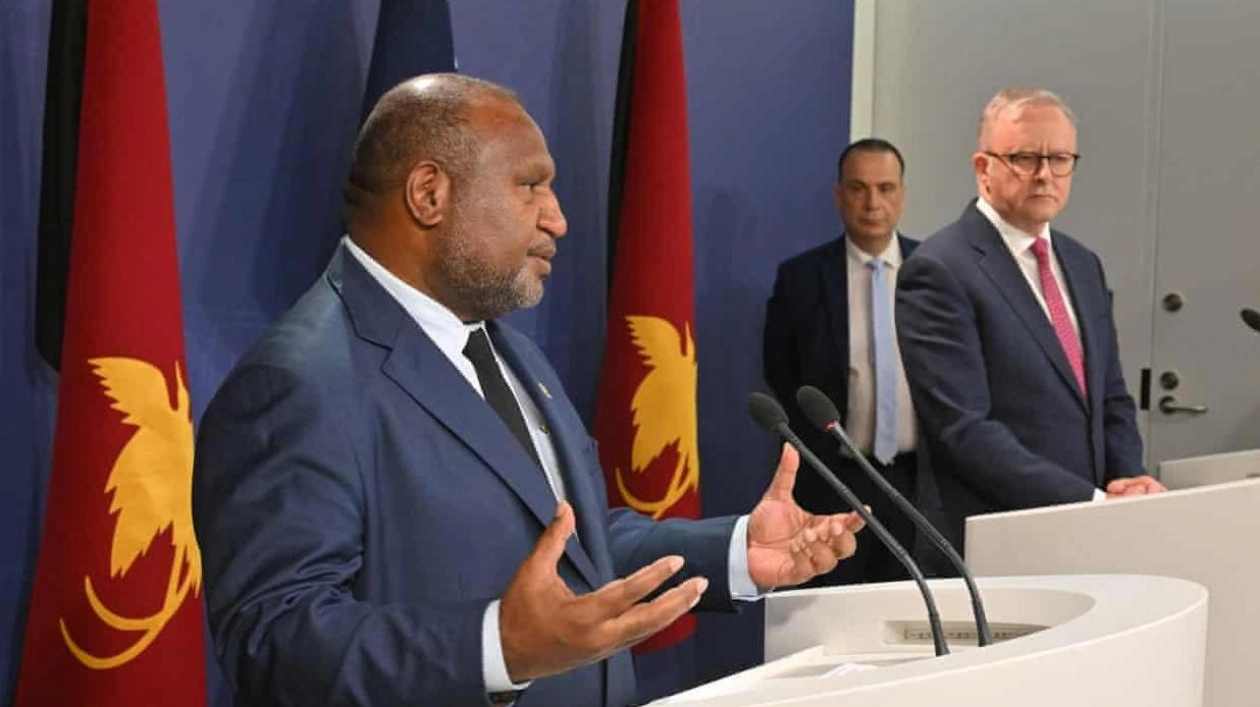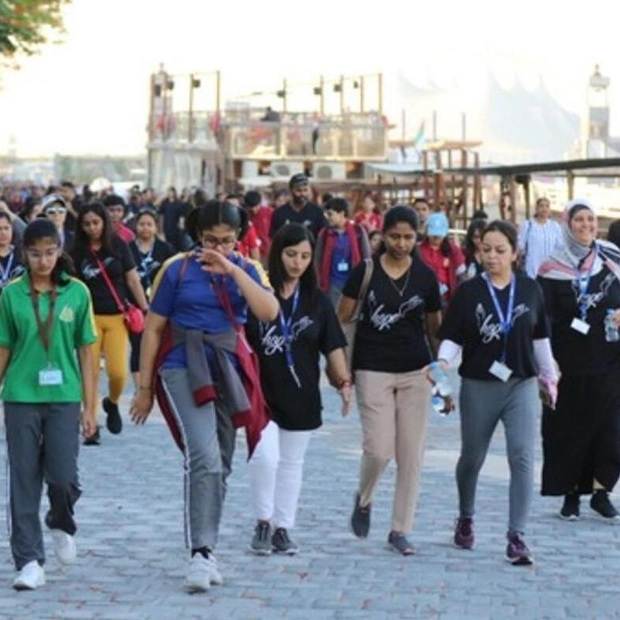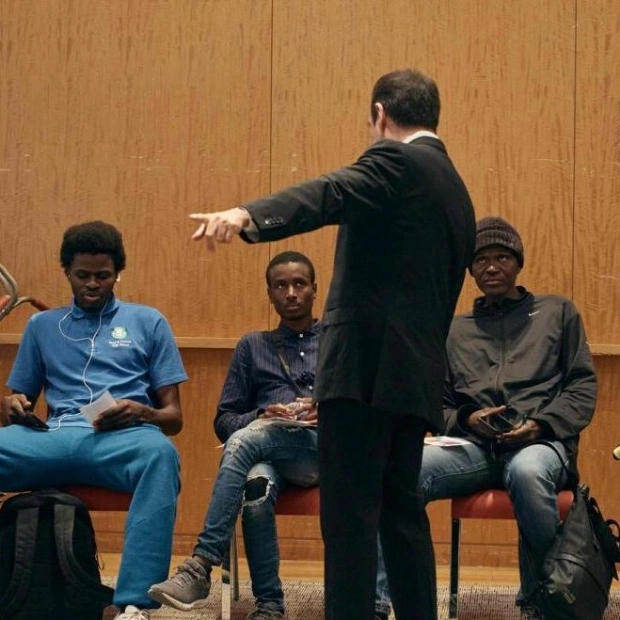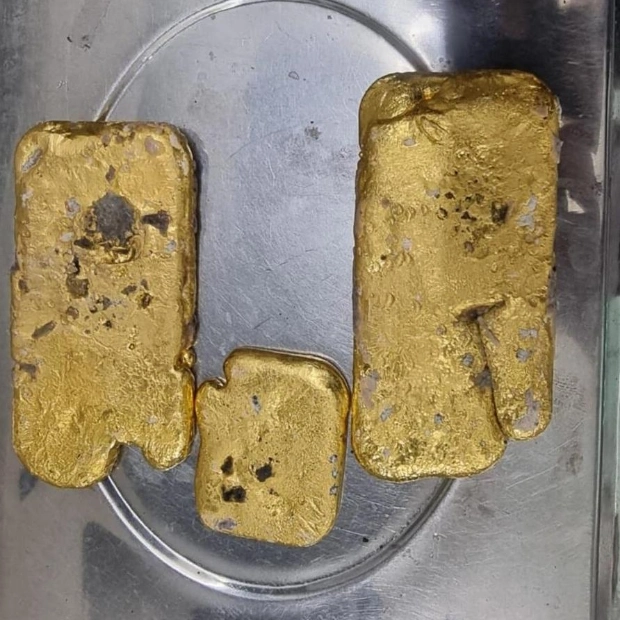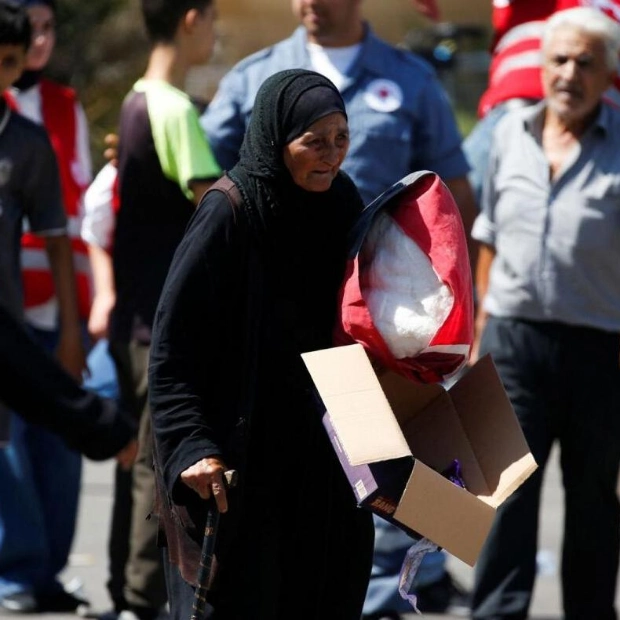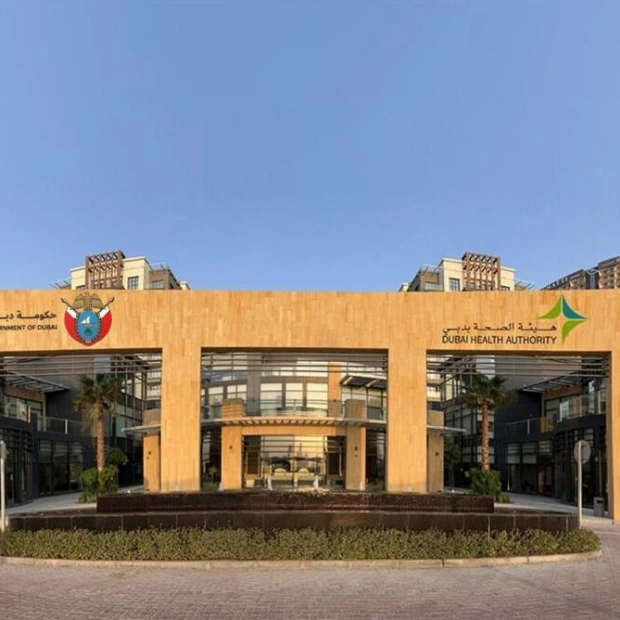Australia has secured the right to withdraw $600 million in funding for a Papua New Guinea (PNG) rugby league team at any time and without cause, under a 10-year agreement aimed at supporting the expansion of the sport. The deal, which is set to commence this year and run until 2034-35, will see the PNG team enter the National Rugby League (NRL) in 2028. While the Australian government has not disclosed the full terms of the agreement, officials have highlighted that it is built on shared strategic trust, complementing the bilateral security agreement that comes into effect on Thursday.
The funding package includes the construction of a player accommodation compound and tax breaks to aid in recruitment. Australian Prime Minister Anthony Albanese, a rugby league enthusiast, emphasized that the deal is about more than just sport, noting its potential to boost the PNG economy and strengthen people-to-people connections between the two nations. "Rugby league is PNG’s national sport, and PNG deserves a national team," Albanese said, adding that the agreement would normalize interactions between Australians and PNG nationals.
PNG Prime Minister James Marape echoed these sentiments, stating that the deal would have far-reaching impacts beyond the rugby league field. "It’s national development, national unity, regional unity, PNG-Australia unity, our security conversations, all of that is turned into this one thing," Marape said. Although neither leader provided specifics on security discussions, a Pacific diplomatic source confirmed that the two governments have exchanged correspondence, including a commitment from PNG not to engage in security or military arrangements with China.
ARLC Chairman Peter V’landys described the agreement as a "historic step" for rugby league, Australia, PNG, and the broader Pacific region. "Rugby league isn’t just sport, it’s a social force for good – a way to improve lives and build stronger communities," V’landys said. The new PNG team is expected to attract a 10 million-plus audience, transforming casual fans into engaged supporters. Additionally, the pathways investments are anticipated to introduce many new and exciting players to the game.
The funding is divided roughly equally between the NRL club and other rugby league development activities in the Pacific. $290 million will be allocated to the NRL franchise, while $250 million is earmarked for regional rugby league programs. $60 million will be paid directly to the NRL as a licence fee, which is expected to be shared among existing clubs. Approximately $120 million of the committed funds will be sourced from existing government programs, resulting in an average annual budget cost of $48 million.
However, the planned NRLW team will not debut in the competition in 2028. Andrew Hill, the bid’s chief executive, explained that the women’s team needs to compete in an Australian second-tier competition, similar to the men’s PNG Hunters, before they can field a competitive elite side. "What we have found is that there’s a little gap at the moment between where our women are compared to our boys," Hill said. The bid has established a pathways program led by former Parramatta Eels assistant coach Joey Grima, which includes over 700 teenagers. Participants are required to attend school and receive team merchandise such as jerseys and hats.
The arrangement also involves over $100 million in investment from PNG, which will fund new facilities, player accommodation, and tax breaks. Australia has contributed more than $1.4 billion to the PNG Treasury over the past three years, according to the Lowy Institute. The PNG government is hopeful that the new team will attract Australian tourists to Port Moresby to watch matches. Currently, about 10,000 Australians live in PNG, with a similar number of PNG nationals residing in Australia.
The PNG Hunters have competed in the senior Queensland Cup competition, one tier below the NRL, since 2014 and were champions in 2017. Despite the $60 million annual investment, this figure is dwarfed by Australia’s overall spending in the Pacific, which the government claims reached $2 billion for the first time in 2024-25. The deal has been secured through the signing of detailed term sheets involving the two governments and the NRL, with long-form agreements expected to be finalized within weeks.
Source link: https://www.theguardian.com
